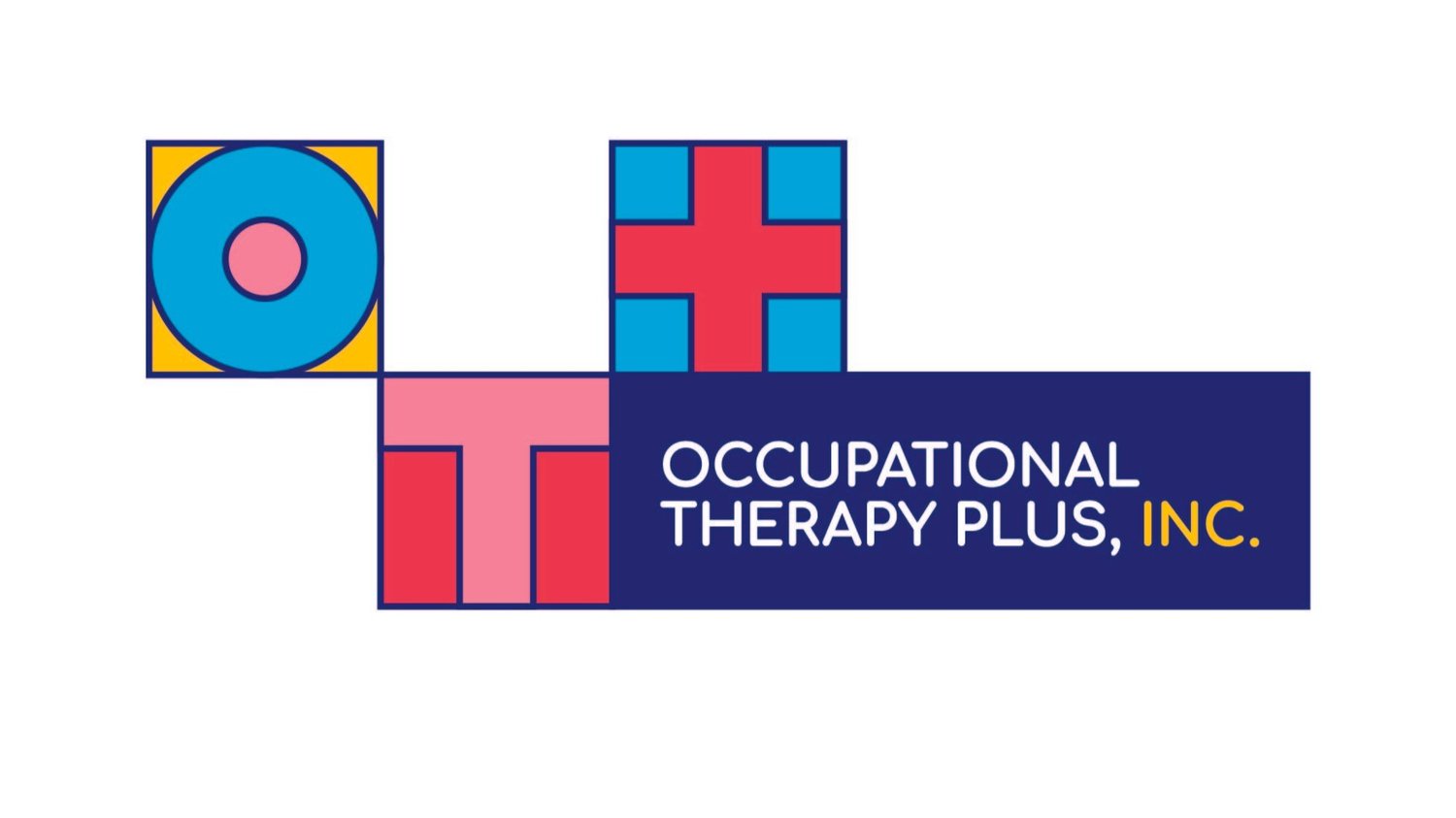FAQs
Dive into our Frequently Asked Questions (FAQs) for all you need to know from general, therapy specifics, and employment!
-
Anyone experiencing difficulties in performing everyday tasks due to physical, cognitive, or emotional limitations can benefit from occupational therapy. This includes individuals with developmental delays, neurological conditions, physical injuries, mental health disorders, chronic illnesses, and aging-related issues.
-
Occupational therapy addresses a wide range of conditions and issues, including but not limited to:
-Neurological conditions (e.g., stroke, traumatic brain injury, Parkinson's disease)
-Orthopedic injuries (e.g., fractures, joint replacements)
-Developmental disorders (e.g., autism spectrum disorder, cerebral palsy)
-Sensory processing disorders
-Mental health conditions (e.g., depression, anxiety)
-Chronic illnesses (e.g., arthritis, multiple sclerosis)
-Aging-related issues (e.g., dementia, mobility limitations)
-
During an occupational therapy session, the therapist evaluates the client's strengths, challenges, and goals. They may assess functional abilities, fine motor skills, sensory processing, cognitive skills, and/or emotional well-being. Based on the assessment findings, the therapist develops a personalized treatment plan and engages the client in therapeutic activities, exercises, interventions, and education to address specific goals and improve overall function.
-
The duration of occupational therapy varies depending on the individual's needs, goals, and progress. Some clients may only require a few sessions to address specific concerns, while others may benefit from ongoing therapy over an extended period. The frequency and duration of sessions are typically determined collaboratively between the therapist and the client, taking into account factors such as diagnosis, severity of symptoms, and available resources.
TeleHealth FAQs
Through secure and interactive video conferencing platforms, our experienced therapists provide personalized therapy sessions tailored to address a wide range of needs.
-
-Pediatric Occupational Therapy
Through telehealth, therapists can provide assessment, intervention, education, and support to individuals remotely, addressing various physical, cognitive, emotional, and developmental needs.
-
Numerous studies have shown that telehealth appointments can be as effective as in-person appointments for many therapy services. Telehealth allows for real-time interaction between therapists and clients, enabling assessment, intervention, education, and support to be delivered remotely. However, the effectiveness of telehealth may vary depending on the type of therapy, the client's needs and preferences, and the therapist's skills and experience in delivering telehealth services. Overall, telehealth offers a convenient and accessible option for receiving therapy services, particularly for individuals with mobility limitations, transportation barriers, or limited access to in-person care.

